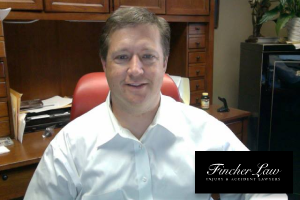
Losing a loved one is always hard, but it feels even worse when someone else's negligence causes it. If you're dealing with such a loss in Topeka, Fincher Law can help. We understand the pain and confusion you're going through. Our experienced wrongful death lawyers are here to guide you through every step of the legal process.
Our Topeka wrongful death attorney can work with surviving family members to seek wrongful death damages as compensation. Let our Topeka wrongful death lawyers handle your wrongful death or personal injury claim.
Learn more below. Then, schedule a free case consultation with our experienced wrongful death lawyer.

A. Initial Consultation
During your first meeting with Fincher Law, we'll listen to your story with empathy. We understand that discussing your loss is challenging. Our goal is to make you feel comfortable and supported. We'll explain your legal options and how we can help.
B. Investigation and Evidence Collection
Gathering evidence is crucial in wrongful death cases. Our team will thoroughly investigate the incident. We collect and analyze all relevant information. This process helps us build a strong foundation for your case.
C. Building a Strong Case
We use the evidence collected to build a compelling case. Our lawyers are skilled in arguing wrongful death claims. We aim to prove the negligence of the party at fault. Our goal is to secure the best possible outcome for you and your family.
A wrongful death lawsuit seeks justice for a death caused by someone else's negligence or wrongful act. It's a way for the deceased's loved ones to receive compensation. This lawsuit addresses the financial and emotional impacts of the loss. It's different from a criminal case, as it's a civil action.
Wrongful death lawsuits are complex and require legal expertise. They involve proving that the death was due to another's negligence. The compensation helps cover expenses and losses resulting from the death. Fincher Law specializes in guiding families through this legal process.
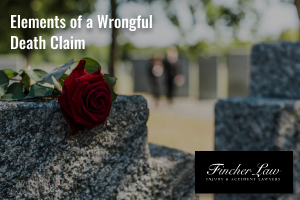
In a wrongful death claim, you must prove certain elements. The first is that the death was caused by someone's negligence or wrongful act. This could include reckless driving, medical malpractice, or other negligent behavior. The person responsible didn't have to intend harm, but their actions or lack thereof led to the death.
Negligence or a wrongful act forms the cornerstone of a wrongful death claim. It means that someone failed to act with reasonable care. This failure led to the death of your loved one. Examples include a driver not following traffic laws or a doctor making a critical mistake.
Proving negligence or a wrongful act requires showing that the person had a duty to act safely. They breached this duty, and that breach caused the death. This part of the claim can be complex. Our lawyers at Fincher Law are experts in proving these points.
Causation is about linking the negligence to the death. It's not enough to show that someone was negligent. You must demonstrate that this negligence directly caused the death. For example, if a car accident happened due to a driver's recklessness and it led to death, that's causation.
Establishing causation can be challenging. It often requires expert testimony and detailed evidence. Our team at Fincher Law knows how to gather and present this evidence effectively. We work to make a clear connection between the negligent act and your loved one's death.
Damages in a wrongful death claim reflect the losses you've suffered. They can include economic losses like medical bills and lost income. Non-economic losses are also considered, like pain and suffering. These damages are about the impact on your life and your family's life.
Calculating damages in a wrongful death case is complex. It involves considering current and future financial losses. Emotional impacts are also a significant factor. Our team at Fincher Law has the expertise to assess and argue for fair compensation accurately.
Wrongful deaths can happen in various ways. It's important to understand the common causes. This knowledge helps in identifying negligence and building a strong case.
Medical malpractice is a principal cause of wrongful death. It takes place if a healthcare professional fails to provide the standard of care. Examples include misdiagnosis, surgical errors, and improper treatment. These mistakes can have fatal consequences.
Proving medical malpractice requires showing that the standard of care was not met. It often involves expert testimony from medical professionals. We work to prove that the medical professional's actions directly led to the death.
Car accidents commonly lead to wrongful deaths. They often result from reckless or negligent driving. Examples include speeding, drunk driving, and distracted driving. These actions can lead to tragic accidents.
In car accident cases, proving negligence is key. We gather evidence like police reports and witness statements. Our goal is to show that the other driver's actions caused the accident and resulted in death. Fincher Law is skilled in navigating these cases.
Workplace incidents can lead to wrongful death cases. They often occur in hazardous work environaments. Examples include construction sites, factories, and warehouses. Employers must create a safe workplace.
Proving negligence in workplace accidents involves showing that safety standards were not met. This could include inadequate training or failure to provide safety equipment. Our team works to hold employers accountable for these oversights.
Product liability involves death caused by defective or dangerous products. Sellers, distributors, and manufacturers have a duty to ensure their products are safe. When they fail, it can lead to fatal consequences.
Proving product liability requires showing that the product was defective. We must also prove that this defect caused the death. Our lawyers at Fincher Law are experienced in these types of cases. We work to hold responsible parties accountable.
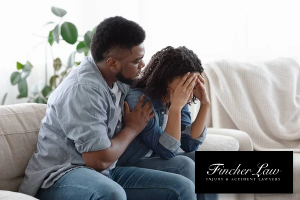
A. Surviving Spouse
If you're the surviving spouse, you are first in line to file a wrongful death lawsuit. This lawsuit seeks compensation for your loss. It includes economic support and companionship. Our team at Fincher Law understands your unique position and can guide you through the legal process.
B. Surviving Children
Surviving children may also submit a wrongful death lawsuit. This claim seeks compensation for the loss of parental guidance and support. It's important to recognize the emotional and financial impact on children. Fincher Law is experienced in representing children in these cases.
C. Surviving Parents
Surviving parents have a right to file a wrongful death lawsuit if there's no spouse or children. This lawsuit addresses the loss of a child, which is a profound grief. Our lawyers offer compassionate legal support to parents in this situation.
D. Surviving Siblings
Surviving siblings may have the right to file a wrongful death lawsuit. This is typically in cases where there are no surviving children, spouses, or parents. Siblings can seek compensation for their loss. Fincher Law provides the necessary legal assistance in these cases.
E. Surviving Grandparents
In some cases, surviving grandparents may be eligible to file a wrongful death lawsuit. This is usually when there are no other immediate family members. Grandparents can seek compensation for their loss.
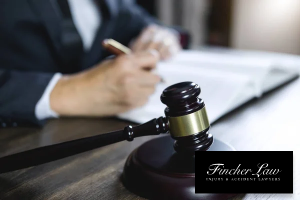
A. Filing a Wrongful Death Claim
The first step in the legal process is always filing a claim. This involves preparing legal documents and submitting them to the court. Our team at Fincher Law ensures that your claim is filed correctly and promptly.
B. Investigation and Discovery Phase
The investigation and discovery phase involves gathering evidence. This evidence supports your claim. Our lawyers work to collect all relevant information, including witness statements and expert opinions. This phase is critical in building a strong case.
C. Negotiation and Settlement Discussions
Negotiation and settlement discussions often occur before a trial. We want to reach a fair settlement that compensates for your loss. We negotiate with the opposing party and their insurance company. Our team is skilled in these discussions and always aims for the best outcome for our clients.
D. Trial Proceedings if Necessary
If a settlement isn't reached, the case may go to trial. Trial proceedings involve presenting your case in court. Our lawyers are experienced in courtroom litigation. We present evidence and arguments to a judge or jury.
E. Appeals Process
If the trial outcome is not favorable, an appeals process is available. This allows for the decision to be reviewed by a higher court. Our team at Fincher Law can guide you through this process. We work to ensure that every legal avenue is explored.
Kansas law sets specific time limits for filing wrongful death claims. These time limits are known as statutes of limitations. They usually give you two years from the date of the death to file a lawsuit. This deadline is crucial to meet. Our lawyers at Fincher Law can help ensure your claim is filed within this timeframe. We understand the importance of these deadlines and work diligently to meet them.
Wrongful death cases seek to provide compensation for the losses you've suffered. This includes both economic and non-economic damages. The goal here is to lessen the financial burden and recognize the emotional impact of your loss.
These types of damages in wrongful death cases are not about compensation for losses. Instead, they're about punishing wrongdoers for their negligent or intentional actions. These damages are awarded in cases of egregious conduct. They serve as a deterrent, discouraging similar behavior in the future.
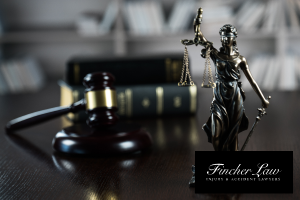
Losing a beloved family member is always hard, especially when it's due to someone else's negligence. At Fincher Law, we understand what you're going through.
Don't face this difficult journey alone. Contact us today for a free consultation. We will review your case with care and dedication, guiding you through every step of the legal process. Let us help you find some peace and closure during this challenging time.
Schedule Your
Free Consultation
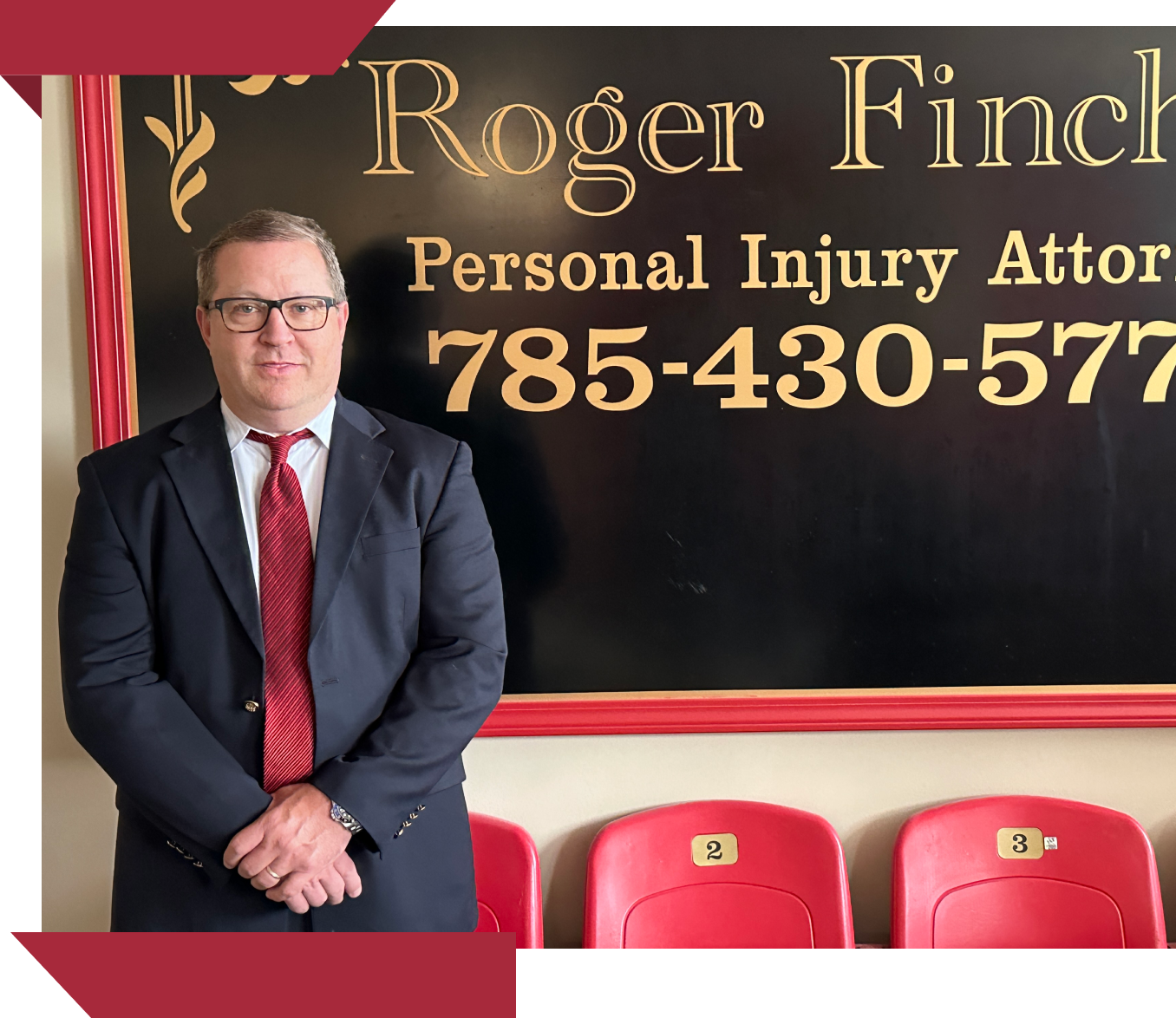
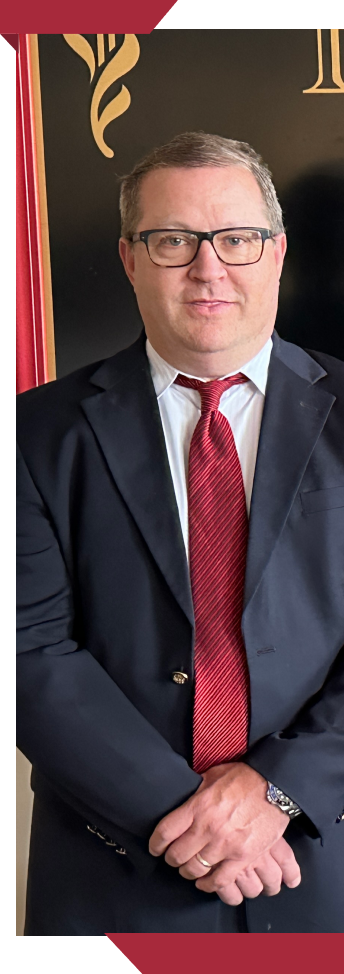

How Can We Help You?
How Can We
Help You?
Schedule a Free Consultation Now By Contacting
Our Team at (785) 430-5770 or by completing the form below
Schedule a Free Consultation Now
By Contacting Our Team
at (785) 430-5770
"*" indicates required fields